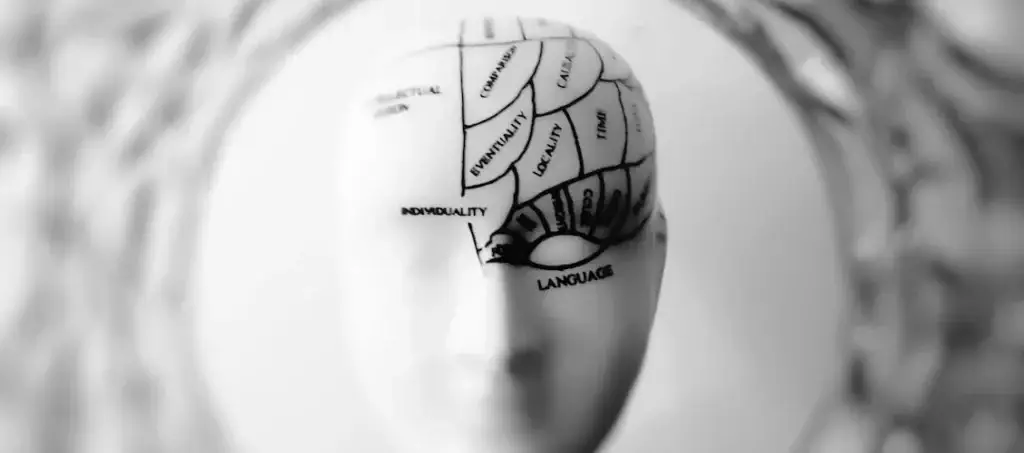Brains!
As you read this blog post, something’s happening in your brain. A neuroscientist could use imaging techniques to capture that activity.
In a world of idea merchants and evangelists to the gospel of their own brand, recourse to the brain often seems like the height of proof. Many attempt to use brain science as a kind of convincing justification of their notions, of the processes and practices they sell.
I may risk snubbing a few noses in saying so, but the brain is bunk. If you’re using brain science to validate what you say and what you put forth into the world, you’ve already lost your argument.
First, neuroscientists have not established sufficiently clear lines of cause and effect between brain activity and higher-order phenomena such as belief, empathy, or trust. My own belief is that no such evidence is possible.
Behaviors and attitudinal states will always exceed the sum of their parts. While activity in my brain may move my fingers to type these words, while multiple areas of my brain may be doing things as I find and assemble these words, recourse to the brain does not explain what I’m doing or why.
The brain is, in fact, the least of the contributing factors to this moment, here, now, and me…a well-educated, multi-decade successful professional, in a particular country in a certain socioeconomic bracket at this point one fifth of the way into the twenty-first century, with a system of beliefs and values assembled from a lifetime of personal lived and read experiences. My brain activity neither causes nor explains any of that. Nor does it explain all the comparable complexities of you, the reader, reading this in this moment.
Second, the brain does not suffice even for biological reductionism. The endocrine system is as relevant to feeling and behavior, if not more, as what brain neurons do. Arguing based on neuroscience may sound sophisticated and leading-edge, but we might as well be appealing to our audience’s glands as to their brains.
Moreover, recent science has started to find a much more significant role played by the human microbiome. There’s more of it than there is of us — some researchers believe as many as 100 trillion microbes in each person, outnumbering “our” cells by a factor of as much as 10 and our brain neurons by as much as a factor of 1,000. Why bother so much about what a few bundles of neurons are up to when there’s a whole chorus of microbial entities I can appeal to instead?
Third, regardless of what our brains, our glands, or even our bugs might be up to, we approach the world as moral beings. Our hearts and minds are won not as literal organs, but at a different level of order.
When we advocate for an idea, that moral order is the order that we must appeal to, directly and openly, without proxies poached from experimental sciences. As I write this blog post, I’m taking moral action based on what I believe and making the best case for it, appealing to reason and moral sentiment to do so. I’m not trying to move you based on something observed in a lab in someone else’s brain some time ago.
Granted, ours is a culture that fetishizes science. But that in no way requires us to seek proof of anything in science. Moreover, the science that people bring forth is usually at several degrees’ remove from the actual research done in the laboratory, packaged, popularized, and repackaged until it’s ready for use as a product promise.
Instead of grasping at brains as a way to advocate for ideas, let’s work harder — be bolder — and stay truer to our humanity in all its complexity.




